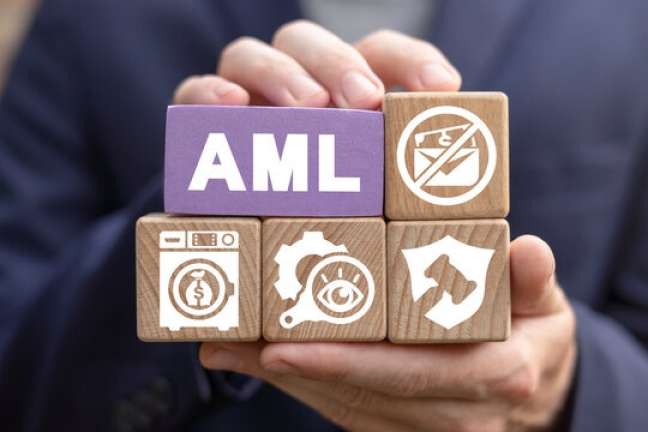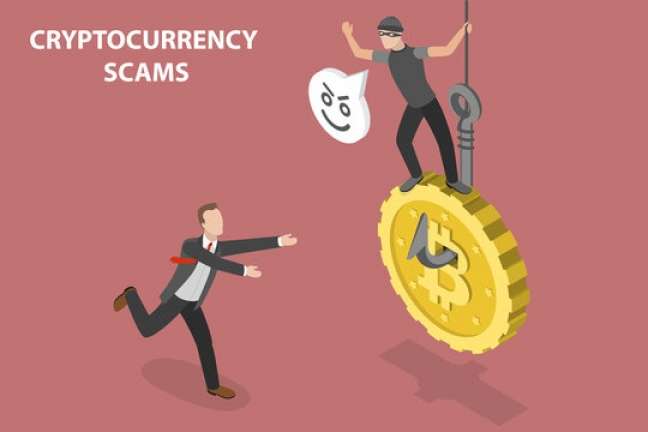Every year, businesses spend thousands of dollars on virtual events. But only a few go on to achieve the objectives set out for them. Ultimately, it’s not about how much you spend or how well you plan, but about what you get out of it.
Virtual events are online meetings, seminars, or conferences that feature one or more presenters and allow attendees to interact with one another and with the presenters in real-time.
Planning a successful virtual event doesn’t have to be hard work. There are many helpful resources online, like a virtual ebook that you can take the help of to organize a successful event.
However, before you do so, this guide will give you all the information you need to inform your attendees, minimize booking mistakes and boost engagement so they have a fruitful experience.
Enlist Help
Ideally, it would help if you had at least two people handling social media accounts and making sure viewers interact. One person should be monitoring questions as they come in through email, chatbox, or Q&A portion of your virtual event.
You’ll also need someone running slideshows and sharing links as appropriate throughout the course of your presentation.
Create an Agenda
Keep an agenda of your virtual event, detailing when each section will take place, who is presenting what information, and when. Your audience will appreciate knowing upfront what topics are being discussed.
Plus, having an agenda ensures that there won’t be any gaps in your presentation due to unexpected interruptions or dropped Internet connections.
A virtual ebook for planning a meeting can be a great guide and tool to help you plan your virtual event successfully. You can use it to ensure all your bases are covered while ensuring time stays on track during your virtual events.
Provide Value at Every Step
To ensure you’re meeting your participants’ needs, think carefully about what they want out of your meeting and how they would benefit from it. There are many ways to provide value and to create an information-packed online seminar:
- Is there a significant announcement that will happen at the end?
- Is there a special guest or two who can give helpful advice?
You don’t need to include every single tip in your presentation. Instead, pick 1 or 2 ideas that will help attendees boost their business and present them in detail during these last few minutes of the webinar.
Work With Social Media Influencers
If you don’t have thousands of dollars to advertise your event, look at alternative strategies. If possible, find social media influencers interested in your event and willing to post about it. Social media influencers may not bring in as many ticket sales, but they will be more likely to attend if their followers like them.
Create Supporting Materials
A webinar is not only valuable tools for promoting your event, but they can also help attendees get more out of it. You can make supplemental resources that will enhance your event without detracting from it by creating supporting materials.
Creating these materials also helps you establish yourself as an expert in your field, which is one-way virtual events can benefit your business. They give you another channel through which to spread information about your business and expertise.
Promote Early and Often
You want to make sure you’re getting out in front of your audience and letting them know about your virtual event. Start promoting it weeks, if not months, ahead of time. The more you can get it out there, the more likely you are to succeed. Use all available marketing channels. For example, you can use social media, newsletters, and direct email blasts to spread the news about your event as far and wide as possible.
Final Thoughts
As technology continues to improve, it’s becoming more and more feasible for businesses, from start-ups to multinational corporations, to hold virtual events. If you’re hosting an event of your own, these tips can help you create an experience that’s fun and informative for all attendees.
















